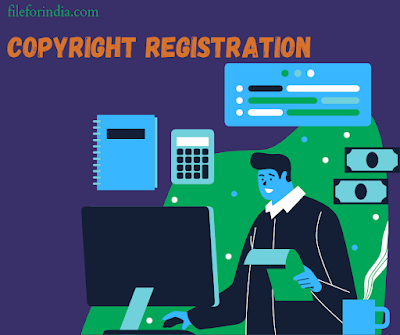The Difference Between Copyright And Trademark
The Difference Between Copyright and Trademark
A copyright protects an original work of authorship, such as a book or a song. A trademark protects a word, phrase, symbol, or design that identifies the source of goods or services. The owner can use it to distinguish its products from those made by others. It does not protect an idea but instead only protects what the mark conveys about a product and its source. For example, if two companies produce blue jeans with similar qualities, then one company can trademark its logo on its product in order to distinguish itself from competitors. The shape of the Coca-Cola bottle, for instance, has been trademarked since 1977 because no other beverage manufacturer had a similarly shaped container. Likewise, Apple Corporation owns the rights to certain fonts used in its software and designs so as to distinguish itself from other manufacturers who offer products with similar features. However, these are examples of trademarks that are registered with the United States Patent and Trademark Office (USPTO). Unregistered trademarks are less likely to be protected under the law because they lack evidence showing exclusive ownership. One way to protect unregistered trademarks is through state common law. If someone uses a confusingly similar trademark for a competing product, the owner may contact them with concerns and ask them to stop using the mark.
A key difference between copyrights and trademarks: Copyrights apply only to intellectual property while trademarks apply broadly. Copyrights deal exclusively with literary works like books or songs whereas patents generally cover inventions like new processes or machines which might have industrial applications.
The person owning the patent must license anyone else who wants to use it while copyrights automatically belong to whoever creates them without any formality needed. Patents typically last 20 years, although this depends on how much the invention contributes to society.
The person owning the patent must license anyone else who wants to use it while copyrights automatically belong to whoever creates them without any formality needed. Patents typically last 20 years, although this depends on how much the invention contributes to society.
There is also some overlap between trademarks and copyrights - both terms refer to words, phrases, symbols, or designs that identify the source of something. Copyright protection applies only to things that are fixed in a tangible medium - meaning something you could show up at court with physical proof of having created - whereas trademark protection applies more broadly to include anything which identifies a good's origins. Copyright protection does not exist until after the work has been completed; there is some limited legal precedent for trademarking existing creative works before they're finished but this isn't widely accepted practice.


.png)

Comments
Post a Comment